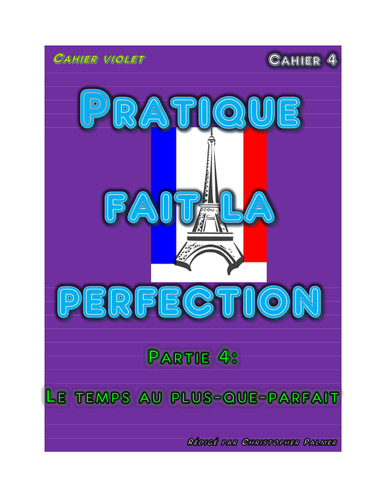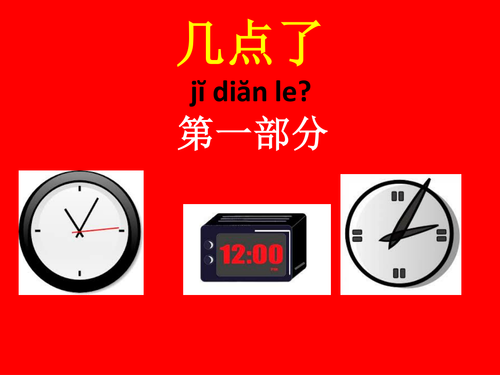Palmer's Language Services
My name is Christopher Palmer and I am a languages practitioner. I am now in my sixteenth year of teacher and I have a wealth of experience of liaising with the standard EdExcel GCSE French, Cambridge International GCSE French, EdExcel A-Level French, beginner's Mandarin courses and I am starting to become acquainted with IB French. I have published a vast array of resources which span Key Stage 2-5.




















